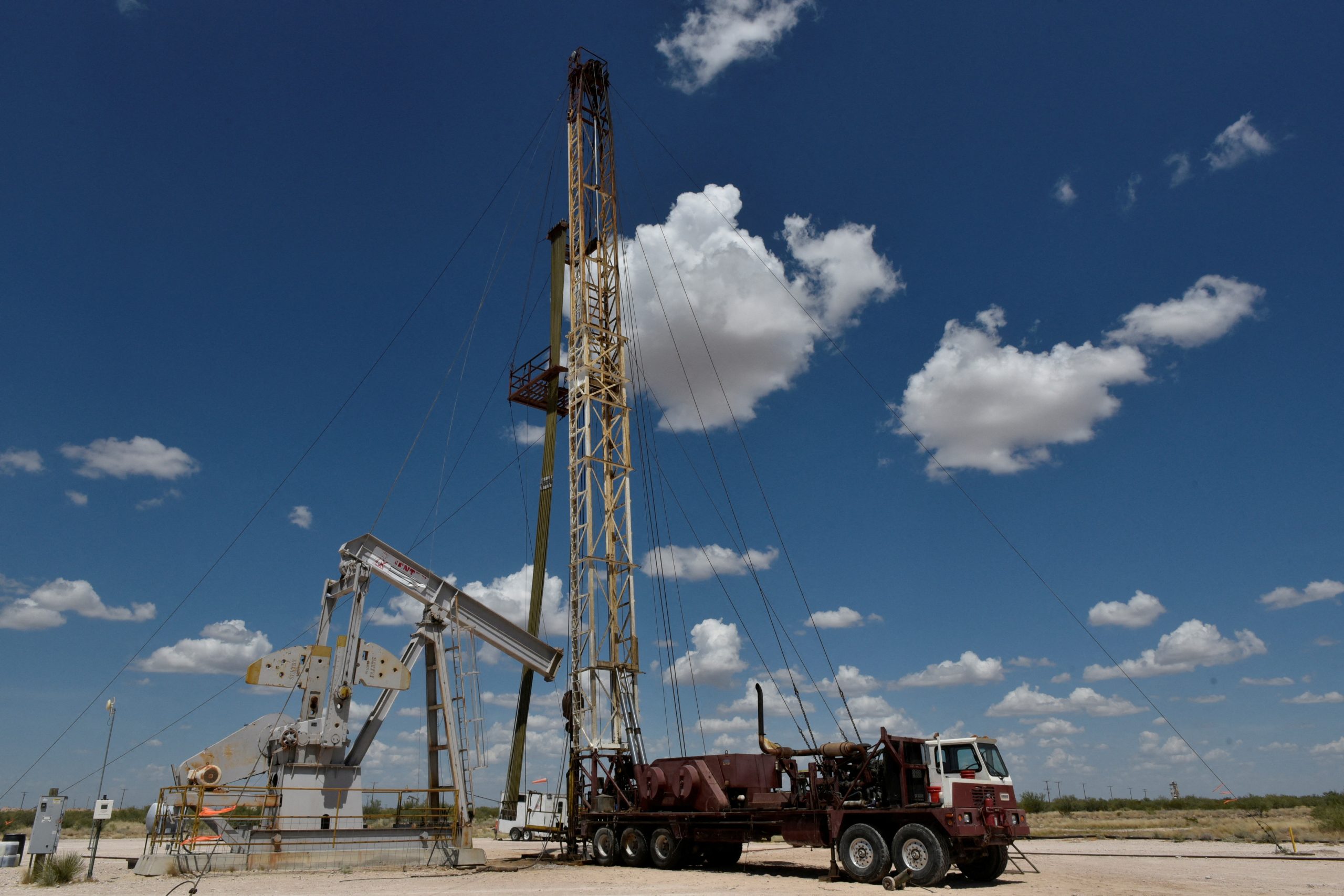
[elfsight_social_share_buttons id=”1″]
U.S. oil industry groups said on Monday they are concerned the Biden administration’s proposed plan to crack down on methane emissions gives too much power to environmental advocacy groups, by forcing companies to react when third parties report suspected leaks of the powerful greenhouse gas.
The Environmental Protection Agency last year unveiled a plan that would allow approved and “credible” third parties using remote sensing technology to report suspected “super emitter” leaks of at least 100 kilograms per hour.
Once notified, the company involved would be required to perform a root-cause analysis within five days and take corrective actions within 10 days, according to the plan.
“Our concerns are ultimately that this kind of program can have a chilling effect on companies’ ability to work with EPA,” Frank Macchiarola, senior vice president of regulatory affairs at the American Petroleum Institute, told reporters on Monday, the deadline for public comment on the EPA’s proposed supplemental methane rule.
The lobby group for independent oil producers the American Exploration and Production Council said in written comments to the EPA that the proposal empowers “private entities, such as activist NGO groups, to publicly report ‘super-emitter’ events and require follow-up action without any involvement or data verification.”
An EPA official did not immediately respond to a request for comment.
Methane is the second-biggest cause of climate change after carbon dioxide, and the oil and gas industry is a major source of the gas.
The Environmental Defense Fund and research group Carbon Mapper released a report last year that used aerial surveys to find around 30 “super emitters” across the Permian Basin, the country’s biggest oilfield, in Texas and New Mexico.
Grace Smith, an attorney with EDF, said the EPA’s reporting proposed third-party reporting program was needed because regular surveys may not catch leaks early enough.
Copyright 2023 Thomson/Reuters
